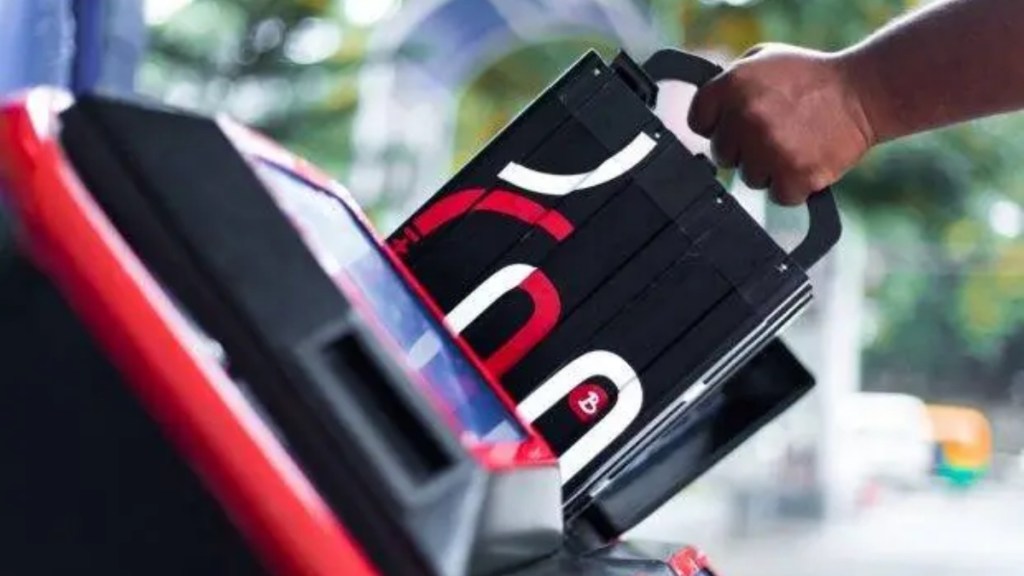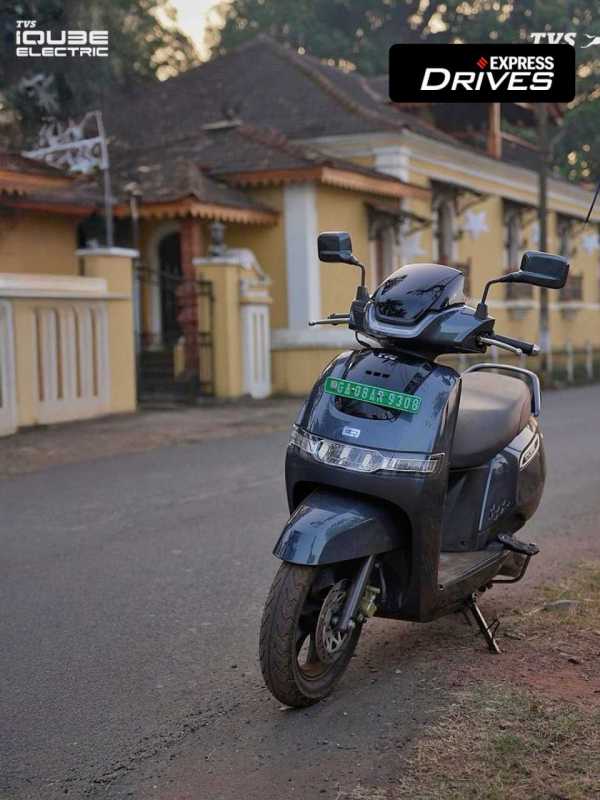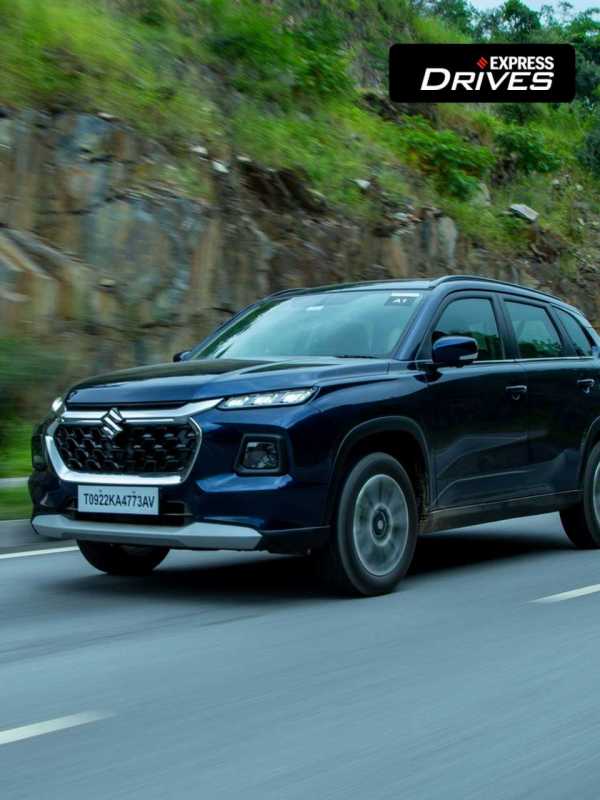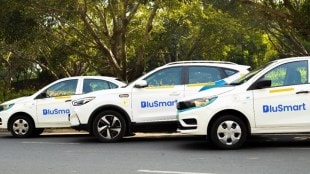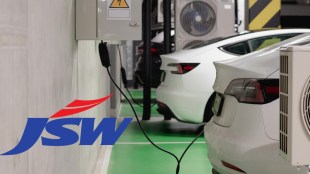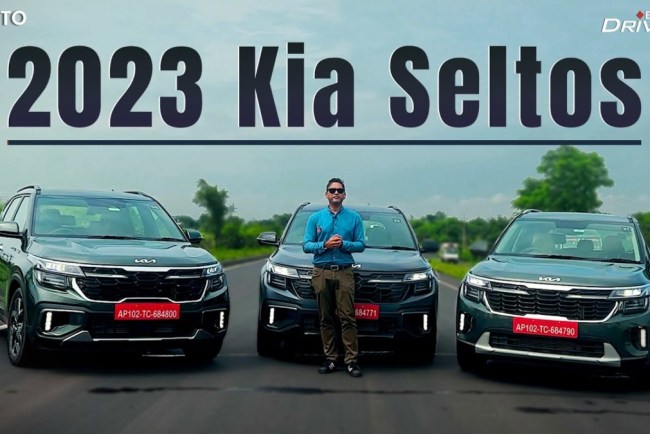The highly anticipated Battery Swapping Policy has been in the works for more than a year, and a decision was anticipated to come on January 3, 2023, but it now seems there are some challenges that are yet to be sorted.
As per sources, Financial Express Online learns that while there has been a consensus amongst various stakeholders for the need to have a Battery Swapping Policy, the standards for the same has been a matter of debate.
In a meeting on January 3, the MoCA (Union Ministry of Consumer Affairs) had tried to get companies to agree upon a battery standard for swapping to further help accelerate and provide impetus to the electric vehicle industry. The idea was to find a common ground and fixed the outer dimension of the battery for players who would want to avail the government subsidy under the policy.
In fact, there has been no consensus on the standards which were to be formulated by the Bureau of Indian Standards (BIS) yet. It would focus on three aspects – battery, connectors and battery management systems (BMS).
This would allow consumers to take advantage of the battery-swapping ecosystem without being tied down to one company or network. The counterargument from industry stakeholders ranged from companies that have already invested in the design and infrastructure in their own network and meeting the new proposed changes.
Now, it is learnt that the government is in no mood to delay the policy and wants to expedite the whole process. It is expected that the Prime Minister’s Office (PMO) or the government’s premiere think-tank NITI Aayog, will now intervene and spearhead the process to bring all stakeholders under consensus. The final decision is hopefully expected to come by the end of January.


